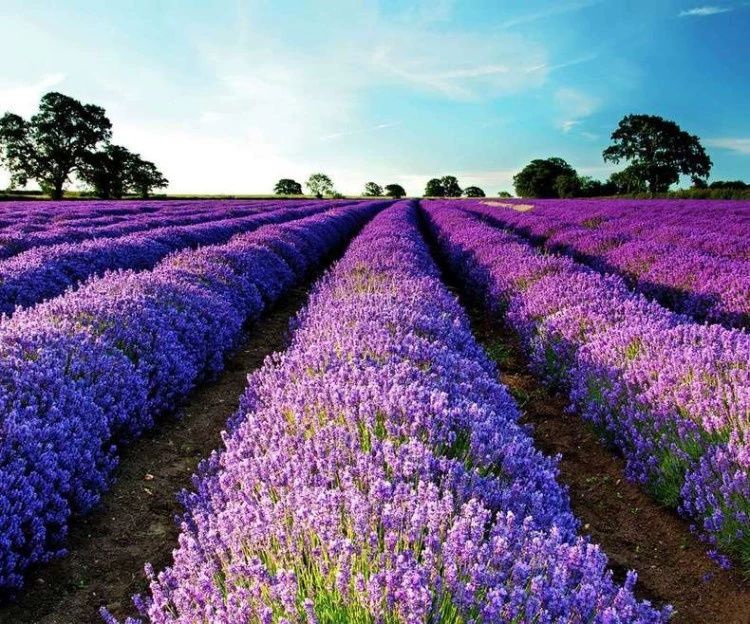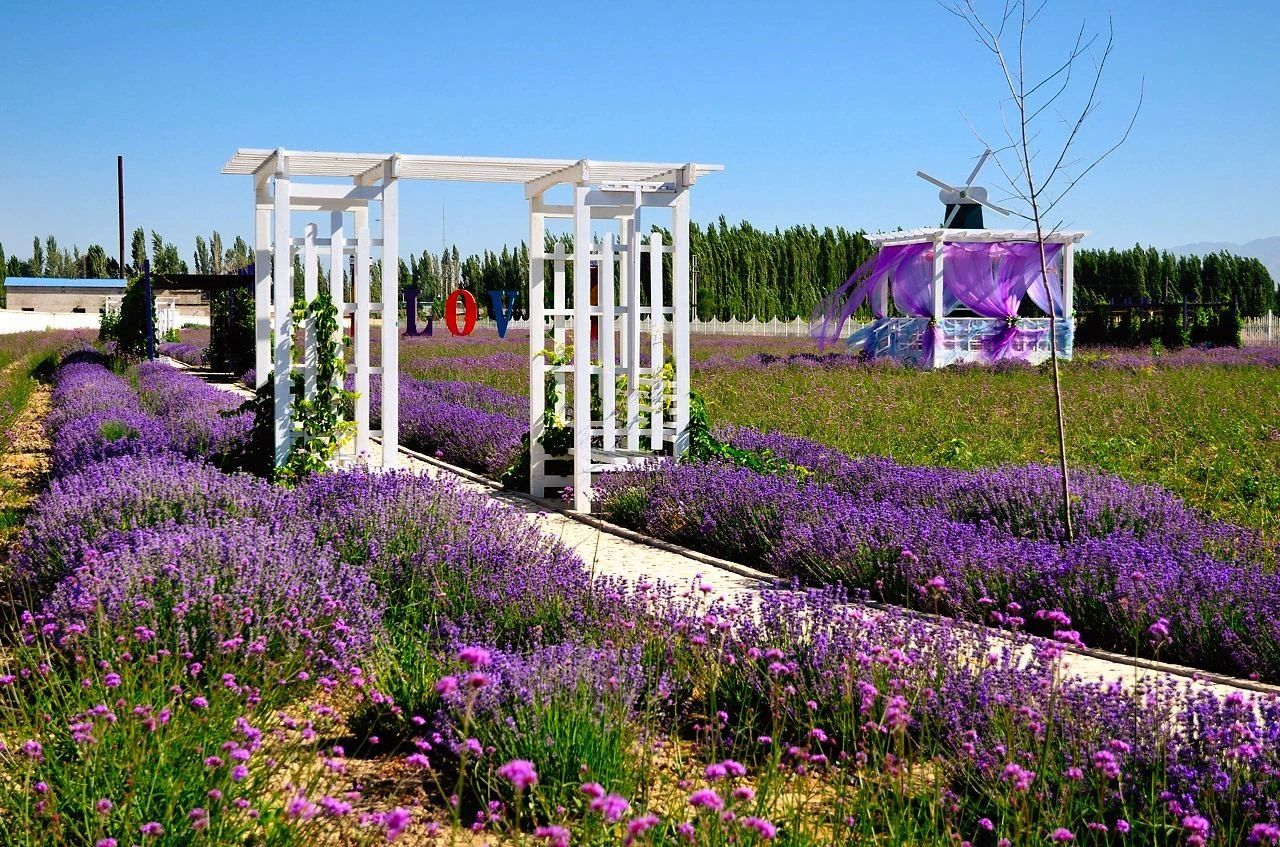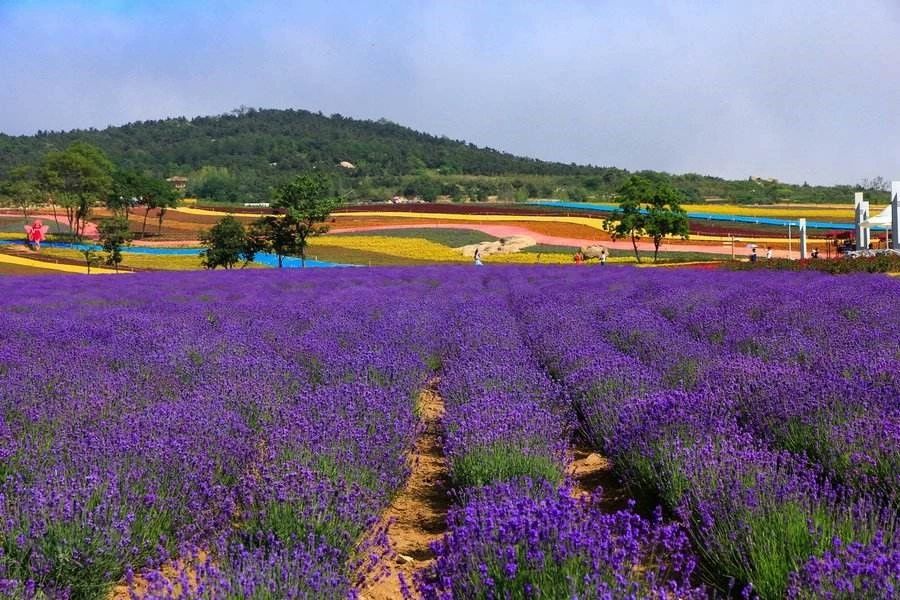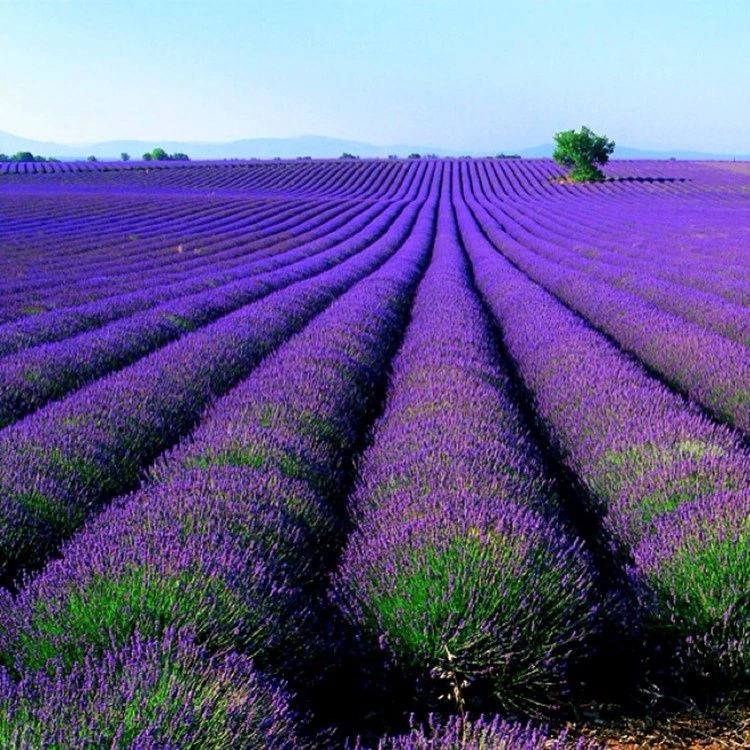
Cultivation environment: Lavender prefers a warm climate, is cold-resistant, drought-tolerant, light-loving, and afraid of waterlogging. It has no strict requirements for soil, is tolerant to barrenness, and prefers loose, well-drained, neutral to alkaline soil. As an aromatic plant, it is indeed an excellent potted flower.

Sowing: Lavender seeds are tiny and are suitable for seedling cultivation. In warm regions, sowing and seedling raising can be carried out at any time, while in cold regions, it is advisable to sow when the climate warms up. Before sowing, first level the soil finely, water it thoroughly. After the water has seeped in, evenly sow the seeds (soak the seeds in gibberellin before sowing), then cover them with a layer of fine soil, with a thickness 2 - 3 times that of the seeds. Cover with grass or plastic film to keep warm.

Watering; Lavender prefers a dry environment and is intolerant of humidity. When raising it at home, remember not to water it frequently. Potted plants or planted on the ground should not have waterlogging. Good ventilation should be maintained. After potting, water thoroughly once. After it takes root, the principle of watering is "water when the soil is dry and stop when it is wet". When watering, pay attention not to pour water directly onto the leaves, nor let the soil splash onto the branches and leaves to avoid diseases. You can also spread a layer of small stones on the flower pot, which is not only beautiful but also helps prevent diseases. If using tap water, it is best to expose it to the sun for two days before use.

Fertilization: Lavender has low requirements for fertilizers. During its rapid growth season, nitrogen, potassium, and phosphorus compound fertilizers can be applied monthly. Prepare a solution for irrigation, with a concentration of 1% being sufficient. Excessive nitrogen fertilizer is likely to cause excessive vegetative growth.